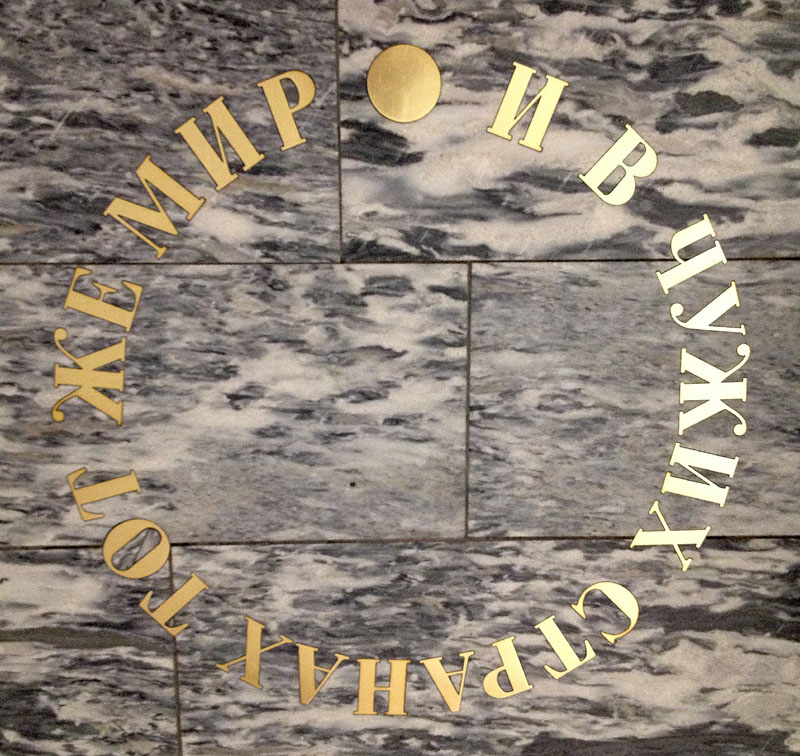Reading time: 9 minutes
This Lada Ray’s report, Putin’s visit to Slovenia, Union of Southern Slavs and Russia talks about the recent visit by the Russian President, Vladimir Putin, to commemorate the 100th anniversary of the tragic events of WWI, remembered through the Russian chapel.
I do urge my readers to go and read the full report, but in this re-blog, I’d like to concentrate on its second half – the history, language and ties of Slovenia…
…
Another striking point: Slovenia stands for dialogue and peaceful resolution of all outstanding issues and disputes.
It’s important to correctly understand certain things about Slovenia, Serbia and former Yugoslavia
First, let’s remember this: in the Balkans and elsewhere, one’s attitude towards Russia is connected closely with one’s attitude towards Serbia. If Serbia is perceived as an enemy and/or a rogue state, then Russia is likely perceived as at least not a friend – and vice versa.
Slovenia is the only early breakaway former part of Yugoslavia that never was involved in an armed conflict with Serbs, as opposed to Bosnia and Croatia, plus Kosovo. Conversely, Macedonia (FYRM) and Montenegro (Chernogoria) were split from Serbia later, in order to further weaken it. The collective West, at the time spearheaded by Bill Clinton, correctly perceived that the weakening of Serbia meant by default the handicapping of Russia.
Slovenia is a Slavic-populated country – as attested by its name; the language spoken is Slovenian (Slovene).
In truth, the differences between Yugoslav languages are minor and they really should be considered dialects of the same South-Slavic (aka, Yugoslav) tongue. The differences in many cases are akin to the degree of closeness of the Russian – Belorussian language relationship. In other words, it’s even closer than Russian – Ukrainian language relationship. And even Ukrainian, in my professional opinion as a linguist and native language carrier of both, should be considered a dialect. Read about that in Discovering The Real Belarus and in Earth Shift Reports: ESR2: Ukraine Truth, Lies & Future Hope and ERS6: Ukraine – New Khazarian Khaganate.
Southern Slavic languages are also very close to Russian. As an example, the name of the capital of Slovenia, Ljubljana, doesn’t really need a translation. Without knowing the language, I can tell you that it is very close to the Russian word lyubov’, which means love. Therefore, Ljubljana is likely translated as ‘the city of love,’ or perhaps, ‘the beloved place/city.’
Incidentally, those with a keen eye will recognize the same root ‘lyub’ in the English love. This again attests to something I often stress: we are ALL ONE, we all come from the same root, and all these barriers – political, military or linguistic – are artificial! Read more in Forbidden History: Are Scandinavians Slavs? and under Category: Forbidden Linguistics.
Historically, Slovenia is arguably the most ‘Westernized’ of all Yugoslavia and the closest to Austria and Hungary, having been a part of the Austro-Hungarian Empire. As a result of religious conversion, the population is presently primarily Catholic.
As it so often happened in history, the difference in religion is what served as the foreign-induced pretext for the ’90s civil wars of Orthodox Serbs vs. Catholic Croats & Muslim Bosnians/ Kosovo Albanians. US/EU needed to breakup Yugoslavia pronto while Russia was at her weakest – and they succeeded admirably. Therefore, it is remarkable that Slovenia actually remained neutral through the ’90s war and it attests to the peaceful character and wisdom of the residents (of course it helps that geographically Slovenia is furthest removed from Serbia).
After the war ended and hot heads cooled down, those who retained reason and common sense began to question the war and resulting artificial separation. It’s much harder for Serbia, Bosnia and Croatia to come around in relation to each other, due to a deep-running resentment and mistrust. Kosovo situation is even worse: it is regarded in Serbia as an outright theft and humiliation. Of course, this division, resulting in lack of sovereignty and animosity was the end target of then US president Clinton and the globalist West.
The ‘divide and conquer’ worked in Yugoslavia’s case all too well. There is never such thing as one side exclusively being guilty of all sins. Since the ’90s, Serbia and Serbs were exclusively vilified, while the atrocities of Croats, Bosnians and Kosovo Albanians were ignored or whitewashed. Moreover, the barbaric NATO bombings of Serbia were presented as a great triumph of Western democracy against evil dictatorship.
The ultimate goal was to humiliate and suppress Serbia so it couldn’t continue being the heart of undesirable sovereignty in the middle of the EU. This goal was achieved. And here I have to tell you the truth, which will be hard for the Serbs to hear. The reason this goal was achieved so easily and so handily is because Serbs ALLOWED it to be achieved. By taking the foreign bait of inter-confessional conflict and civil war they opened an entry point for NATO to tear the country apart. If they were wiser and acted in such a way that would quell the conflict, the degree of the disaster we are observing today could have been diminished in big part.
As a stark contrast to that catastrophic mistake, let’s recall how Russia and Putin had handled the situation with the late ’90s – early 2000s Chechen war. Later in 2008, Russia wisely managed the situation with S.Ossetia/Georgia conflict. And the latest: how differently Russia and Putin are handling the situation in Ukraine! As you know, I predicted from the start of 2014 that Russia would never send troops to Ukraine and that Russia would, conversely, concentrate on peacefully remolding the situation, on turning it around carefully and slowly to de-escalate both regional conflict and WWIII potentiality. As we see, the situation has developed, and continues developing, exactly as predicted. (As always, read PREDICTIONS on top bar).
Therefore, the unwise actions of both sides in the ’90s Balkans conflict caused a rift from which it would take long to recover. However, those parts of Yugoslavia that don’t have much bad blood between themselves have started waking up.
We’ve seen the attempts to reach out to Russia and protest NATO and EU expansion in Macedonia and Montenegro – so far, squashed by the West.
I’ve noticed that for years Slovenia’s government and parliament quietly invited speakers and advisors who were anti-US/West establishment and steadily grew relations with Russia. As I said, Slovenia is the kind of country that will try to get along with everyone. They won’t fight and protest so much as they’ll try to quietly get where they want to be, while others are distracted by fighting. Kinda reminds me of how Zakarpatie (Transcarpathia) Rusins behave, who are presently under Kiev, but want to secede. Incidentally, both were for centuries under Austria-Hungary, so they learned to work quietly for fear of suppression.
Slovenia is the kind of country that is technically a part of EU and NATO, but at the same time it tries to develop and maintain a good relationship with Russia. This is a necessary job – we do desperately need the ‘bridge-countries’ that would help develop and keep connections between Russia and West, despite the destructive forces currently at work in the EU and West in general. Countries like Slovenia keep a small flame alive, protecting it from the raging hurricane and reminding those who would listen that there is another way. Slovenia tries to gently remind Europeans that if the continuing foreign-induced conflict between EU and Russia were to be replaced with cooperation, everyone would win. They aren’t the only ones. Austria tried to do the same, Czech president did as well, while being isolated by his own parliament and government, Hungarian PM Orban tried…
But as I wrote many times before, the crumbling US Empire simply cannot afford Russia and European countries working peacefully and cooperatively together. The artificially built new Iron Curtain is in the works, using the sell-out Poland, Romania and the Baltics, through NATO expansion and BMDS in Eastern Europe.
It’s the Grand Chess Game, however. Putin’s Slovenia visit is one of Russia’s counter-moves. Slovenia sees Russia getting stronger, while EU and US are busy with their own problems. Therefore, Slovenia can make a move of her own. It’s a small and meek move, but it’s an affirmation of a certain allegiance and a nod to the historic memory.
All in all, this is a very good start!
In addition, it’s important to remember that Russians routinely helped ‘brothers’ Slavs, including Slovenians, during several previous great wars. This includes liberating many of the Slavic and Orthodox ‘brothers’ in the Balkans and Eastern/Southern Europe from the Ottoman Empire yoke and helping them during WWI and WWII. The liberation list is very long and includes Czechia, Slovakia, Poland, Bulgaria, Romania, Greece and all of Yugoslavia, including of course, Serbia and Slovenia. There indeed are many Russians who fell in the Balkans.
If there are readers from those parts, I invite them to share their experiences in the comments! TRUTH ONLY accepted!
On another note, Slovenia, as much of the former Yugoslavia, has magnificently beautiful nature, with pristine forests, mountains, some parts of ex-Yugoslavia also have a lovely sea shore. I hope it stays that way!
PREDICTIONS & RECOMMENDATIONS:
The Union of Southern Slavs & Russia
It is my strong opinion that the Yugoslavs (the word means ‘Southern Slavs’) need to unite in one country, based on mutually respectful, cooperative principles. They need to use wisdom and reason – not their pride and overinflated egos, while doing so. Failing that, they’ll always be a yo-yo in someone’s unscrupulous hands, ready to be manipulated on moment’s notice.
Uniting is the only way for them to re-gain sovereignty and to be strong enough to withstand foreign pressure and invasions. Incidentally, this South-Slavic/Balkan Union should include Bulgaria. The inclusion of Greece, plus possibly Cyprus (as non-Slavic, but Orthodox countries), is a long shot; but if that were to happen, it would be greatly beneficial for both Greece and all Yugoslavs.
This is what Serbia tried to do: create a union of Southern Slavs. However, for this union to be lasting, Serbs and others have to tuck away their egos and pride and work together for the greater good of all.
The weakness of the Balkans is that it doesn’t have a border with Russia. If it did, history, as we know it, would have been very different… WWI and Yugoslavia ’90s bombings may have never happened. The Russian Empire attempted to establish a friendly corridor to the Balkans via creating from scratch in the 19th century what was thought of back then as ‘friendly’ Romania, having liberated that area from the Ottomans. However, it didn’t take long for Romania to get seduced by the UK, turning it into a problem rather than part of the solution. Therefore, the larger the Union, the more stable it will be. When these little countries are apart they are easy pickings for predators.
If such union of Southern Slavs is created, it would serve as powerful ADDITIONAL counterweight to NWO/globalists, US and EU. It would become a great help for Russia’s global rebalancing efforts. By default, it would mean the strengthening of Russia.
Meanwhile, Russia would also be in much better position to help the Southern Slavic Union to defend itself and to develop its economy. For instance, South Stream pipeline project would be automatically revived as then the YugoSlavic Union, not EU or US, would be deciding whether it should go through Bulgaria or not.
Eventually, Eurasian Union can and should be expanded to include the Southern Slavic Union.
But this is exactly what globalists are afraid of and this is exactly why they want to keep Balkans broken up into small parts.
People can make a difference by uniting, setting aside their old grudges and creating a new reality. I’ve more than once seen my ideas and recommendations materialize into reality, after I voiced them out on FT or in Earth Shift Report.
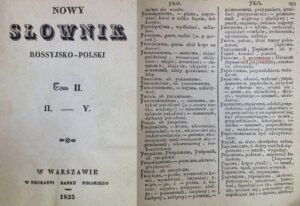 But before we proceed, we want to add a contextual addition to one point that Dmitry Medvedev makes in the article, pertaining to the word “Ukraine”. We wrote about it in a post at our Telegram channel “Beorn And The Shieldmaiden”:
But before we proceed, we want to add a contextual addition to one point that Dmitry Medvedev makes in the article, pertaining to the word “Ukraine”. We wrote about it in a post at our Telegram channel “Beorn And The Shieldmaiden”:
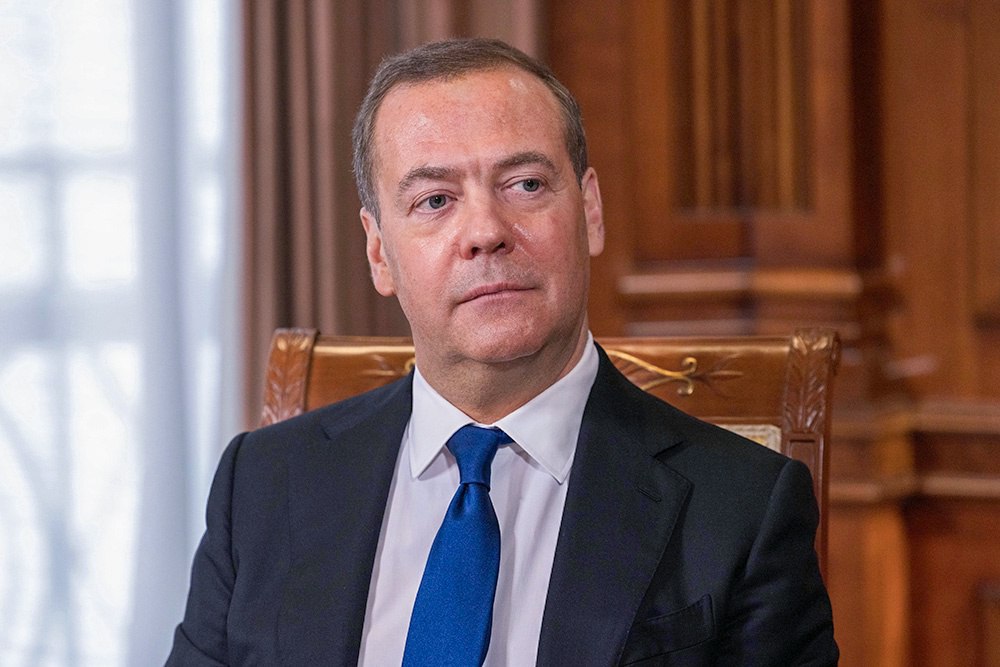







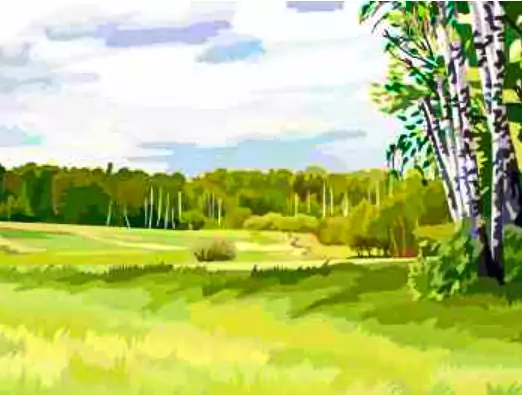
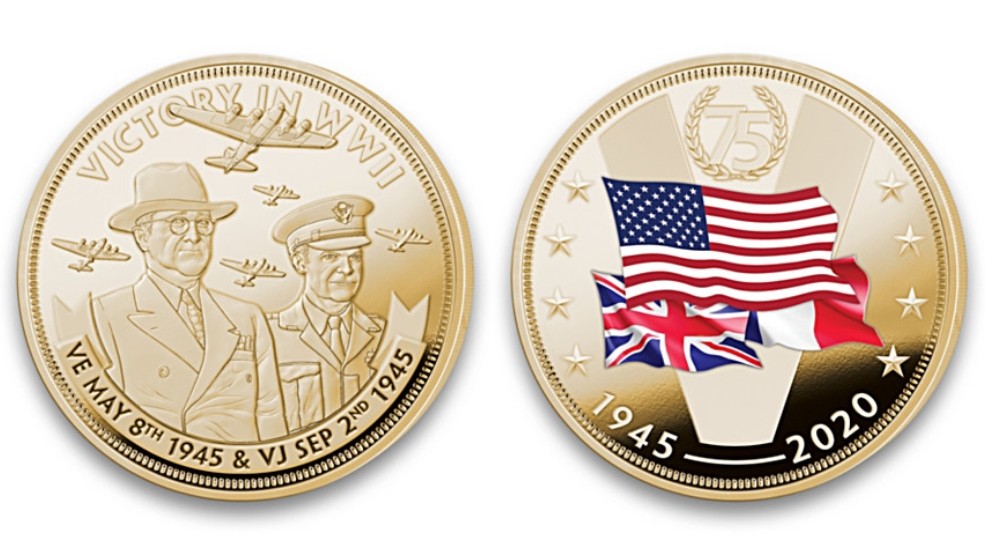
 Please note that translating a documentary film or an article takes a lot of time and emotional effort. I am doing it on a voluntary basis, but if someone feels like supporting my work, a Bitcoin donation to the following address is appreciated: 1Nemo1KPB8UjQjrURqn6V7Mscungx44XS2
Please note that translating a documentary film or an article takes a lot of time and emotional effort. I am doing it on a voluntary basis, but if someone feels like supporting my work, a Bitcoin donation to the following address is appreciated: 1Nemo1KPB8UjQjrURqn6V7Mscungx44XS2